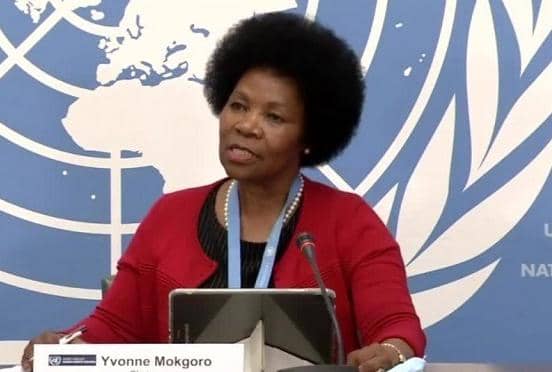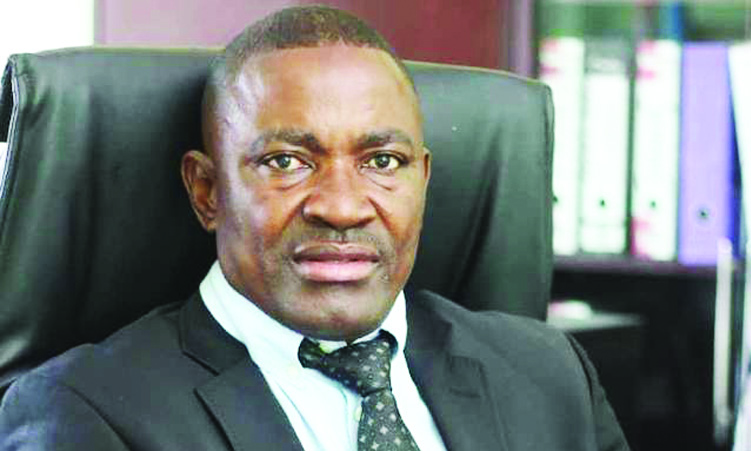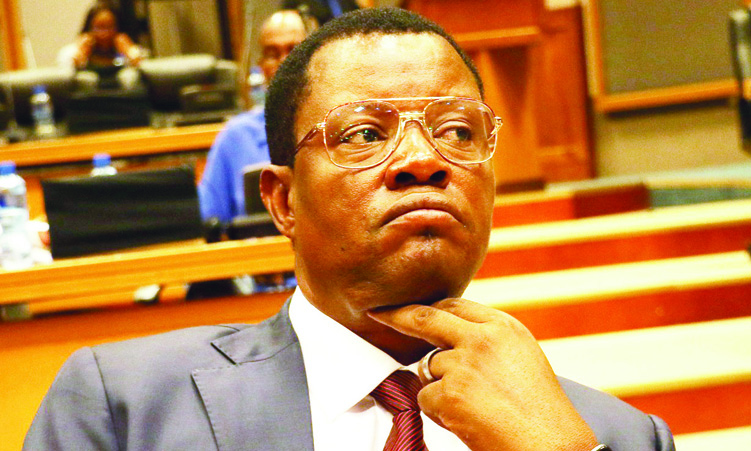Namibia Green Hydrogen Research Institute director Zivugi Chiguvare says there are various avenues for Namibians to participate and benefit in the green hydrogen value chain.
Chiguvare said Namibian businesses and individuals should educate themselves about what industry gaps they can fill to help the country achieve its green hydrogen objectives.
“Namibians can innovate and specialise in various areas including engineering, procurement, construction, transport and storage, research and development and systems integration,” he said.
Namibia has the capacity to produce hydrogen at a low cost due to its geographical location. This will allow the country to maximise the sector’s benefits and minimise its costs.
He also said that the waste products from the green hydrogen industry, like oxygen, can address national needs and support local industries.
“Surplus oxygen produced from green hydrogen production will be used in hospitals and other industries,” he said.
The Green Hydrogen Research Institute has provided research support to various pilot projects in the country since its inception in 2021.
The institute has supported the Daures green hydrogen village, the green hydrogen refueling station and diesel locomotives pilot projects. The diesel locomotives pilot project aims to build Africa’s first dual fuel hydrogen-diesel vehicle.
Speaking at the green hydrogen masterclass, held on Tuesday and yesterday, in collaboration with the Namibia Procurement Investment and Development Board, Hanns Seidel Foundation and other local partners, green hydrogen commissioner James Mnyupe said that through green hydrogen, Namibia will use the global mega trend of decarbonisation to establish new industries with low carbon outputs.
“Green hydrogen is not the end game,” he said.
The green hydrogen project is part of Namibia’s objectives under Vision 2030 to make the secondary and tertiary industries the majority contributors to the gross domestic product.
Energy investment analyst Hafeni Motsi said the state needs to work to certify and converge local projects with global practices to ensure that Namibia’s green hydrogen will be up to global standards.
“The government must work with experts to define what approach we are taking as a government in certifying and defining what green is in our context, as well as making sure that when we do export these green molecules, they are not rejected and that Namibian green hydrogen is a premium product on the global market,” he said.
The masterclass explored project developments in Namibia’s renewable energy industry including solar, wind and desalination efforts.
Stay informed with The Namibian – your source for credible journalism. Get in-depth reporting and opinions for
only N$85 a month. Invest in journalism, invest in democracy –
Subscribe Now!






